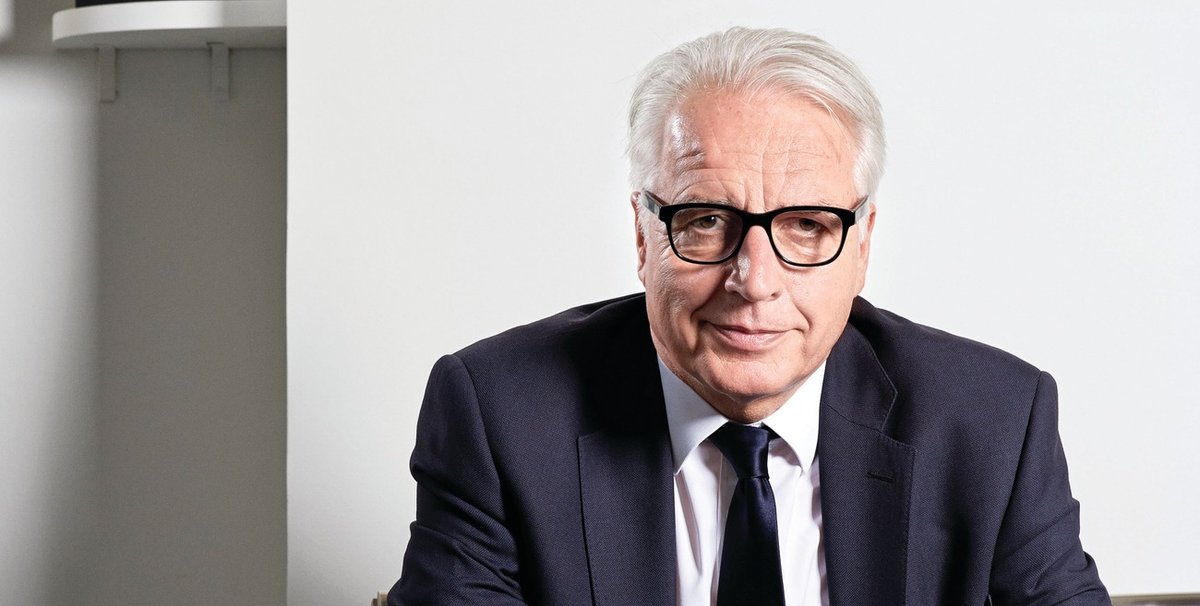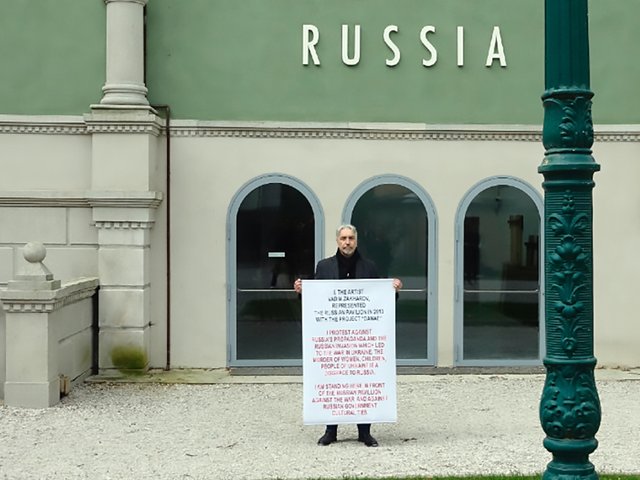Amid ongoing criticism surrounding his co-curatorship of the Azerbaijan pavilion at this year’s Venice Biennale, Martin Roth, the former director of London’s Victoria & Albert Museum, has defended his involvement. Just like the foreign service, the art world also needs to talk to regimes it opposes, he tells The Art Newspaper. "If you no longer speak to each other, everything will be lost,“ he says. Roth has been attacked in his home country of Germany for working with the Central Asian country, which he has himself described as "authoritarian". The Berlin newspaper Tagesspiegel accused Roth of acting "unreasonably", and the Frankfurter Allgemeine Zeitung has also criticised him for working with the country.
In a recent report, Human Rights Watch stated that the "space for independent activism, critical journalism, and opposition political activity has been virtually extinguished" in Azerbaijan by arrest and conviction as well as law.
"There is a lot that needs to be improved in Azerbaijan," he says, stressing that different religions coexist peacefully in the muslim country. But he says that calling it a "blueprint for tolerance" in a press release—a term that attracted a lot of criticism in Germany—might have been a mistake. Roth also underlines that he has been working with artists from Azerbaijan for many years.
This year’s exhibition in the Azerbaijan pavilion is entitled Under One Sun. The Art of Living Together and is supported by the Heydar Aliyev Foundation, which is chaired by Mehriban Aliyeva, the country’s First Lady. There was no interference whatsoever into his plans for the pavilion, Roth says. The pavilion, which Roth co-curated with Emin Mammadov, features the Georgian artist Elvin Nabizade as well as a group of video artists. Four years ago, Udo Kittelmann, the director of Berlin’s Nationalgalerie, organised the Russian pavilion, a point that has not been raised in the discussion regarding Roth. A curator at a leading German museum has called this hypocritical.



